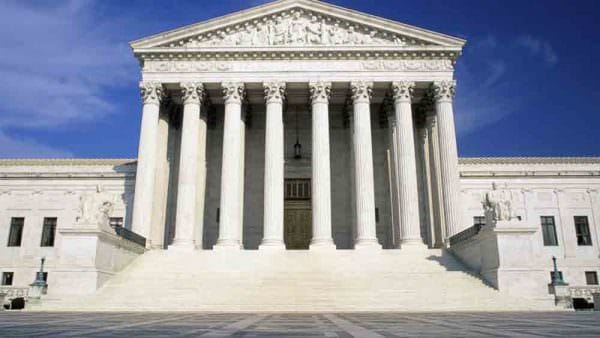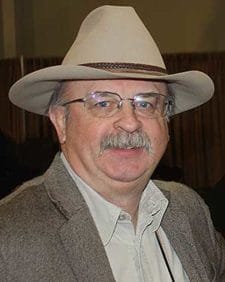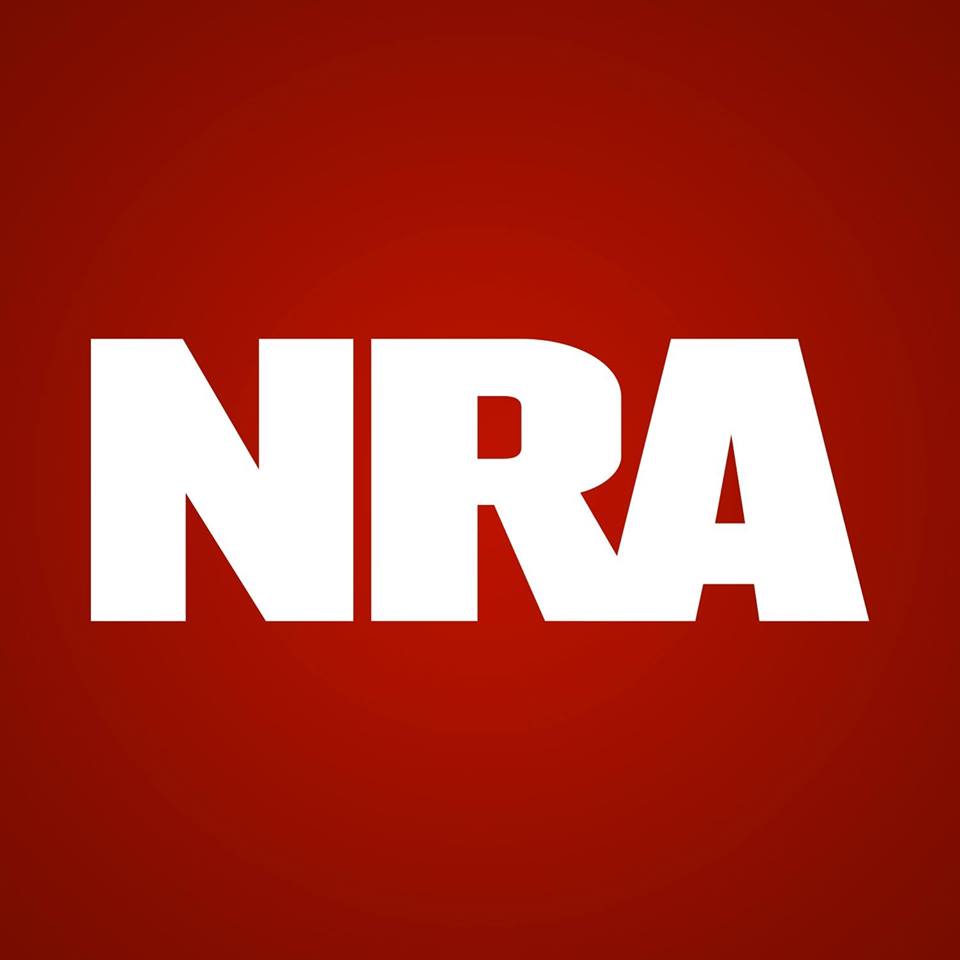High Court Hammers Down Unanimously for NRA in First Amendment Battle

In a unanimous opinion, the United States Supreme Court has sided with the National Rifle Association in a First Amendment case which even brought the American Civil Liberties Union to the gun rights organization’s defense, reviving NRA’s lawsuit against a former New York State official for alleged free speech violations.
The case is against Maria Vullo, former New York State Department of Financial Services (DFS) chief. As reported by The Hill, she began investigating the NRA in 2017” which “led her to encourage insurers and banks she regulated to sever ties with the gun rights group after the Parkland, Fla., school shooting” at Marjory Stoneman Douglas High School in February 2018. Seventeen students and adults were killed in that incident, which led to a national student gun control movement—quickly commandeered by the gun prohibition lobby—and catapulted then high-school student David Hogg to national prominence.
The 20-page opinion prominently noted Vullo’s efforts to meet with insurance company executives whose firms were “doing business with the NRA.” Among those was Lloyds.
“On February 27,” the Court opinion notes, “Vullo met with senior executives at Lloyd’s. There, speaking on behalf of DFS and then-Governor Andrew Cuomo, Vullo ‘presented [their] views on gun control and their desire to leverage their powers to combat the availability of firearms, including specifically by weakening the NRA.’
“Vullo told the Lloyd’s executives ‘that DFS was less interested in pursuing the[se] infractions’ unrelated to any NRA business ‘so long as Lloyd’s ceased providing insurance to gun groups, especially the NRA,’” Associate Justice Sonia Sotomayor wrote.
Not only was the ruling authored by one of the high court’s most liberal justices, but it also had some teeth. Writing for the Court, Sotomayor carefully noted—because the lawsuit must still be decided by a lower court:
“The NRA’s allegations, if true, highlight the constitutional concerns with the kind of intermediary strategy that Vullo purportedly adopted to target the NRA’s advocacy. Such a strategy allows government officials to ‘expand their regulatory jurisdiction to suppress the speech of organizations that they have no direct control over.’…It also allows government officials to be more effective in their speech-suppression efforts ‘[b]ecause intermediaries will often be less invested in the speaker’s message and thus less likely to risk the regulator’s ire.’ The allegations here bear this out. Although ‘the NRA was not even the directly regulated party,’ Vullo allegedly used the power of her office to target gun promotion by going after the NRA’s business partners. Insurers in turn followed Vullo’s lead, fearing regulatory hostility.
“Ultimately, the critical takeaway is that the First Amendment prohibits government officials from wielding their power selectively to punish or suppress speech, directly or (as alleged here) through private intermediaries,” Sotomayor wrote a few lines later.
The case is a major victory, not just for the embattled NRA but for free speech. The 2nd U.S. Circuit Court of Appeals had sided with Vullo and dismissed the case, so NRA appealed to the Supreme Court, which granted certiorari.
Weighing in was Montana Attorney General Austin Knudsen, who led a coalition of 23 state attorneys general, filing an amicus brief supporting NRA’s position in January.
“The Supreme Court made the right decision today in protecting one of the greatest privileges we have as Americans: free speech,” Knudsen said. “The Justices unanimously affirmed what we already knew, elected officials cannot use their authority to financially cripple or stifle their political opponents’ First Amendment rights. As attorney general, I will continue to fight for the rights of Montanans and all Americans.”
Reuters is quoting ACLU attorney David Cole, who observed that the decision “confirms that government officials have no business using their regulatory authority to blacklist disfavored political groups.”
As noted above, the result of this ruling is that NRA’s case against Vullo is remanded back to the lower court while the 2nd Circuit ruling is vacated.
For the NRA, this victory is certainly a moral booster. Since its legal troubles with New York State began erupting more than five years ago, the organization has lost millions of dollars and membership has declined. But with this month’s annual meeting in Dallas, and the election of a new CEO to replace the departed Wayne LaPierre and the election of a small but determined group of “reform” candidates—two of whom are now officers—the NRA may be beginning a long road to recovery, and none too soon.
With the national elections coming in just over five months, the association will need to flex some muscle in order to have an impact.
NRA’s new president is former Georgia Congressman Bob Barr. Newly-elected “reform” director William A. Bachenberg is first vice president, and Mark E. Vaughan, another “reform” candidate, was elected second vice president by the board.
About Dave Workman
Dave Workman is a senior editor at TheGunMag.com and Liberty Park Press, author of multiple books on the Right to Keep & Bear Arms, and formerly an NRA-certified firearms instructor.

You may also like
-
Maine: Anti-Gun Professor Tries to Silence Pro-Gun Student – It Backfires Badly ~ VIDEO, A MUST READ !
-
The Golden Age of Small Arms Ammunition? ~ The Part of Trump’s Big Beautiful Bill No One Is Talking About
-
Ruger Buys Anderson Manufacturing with Videos
-
Ted Nugent Enters Michigan State Capitol While Armed, Sparks Renewed Debate Over Armed Carry Policies ~ VIDEO
-
DOJ Declines to Appeal Ruling Against Federal Handgun Purchase Ban for Adults Under 21
